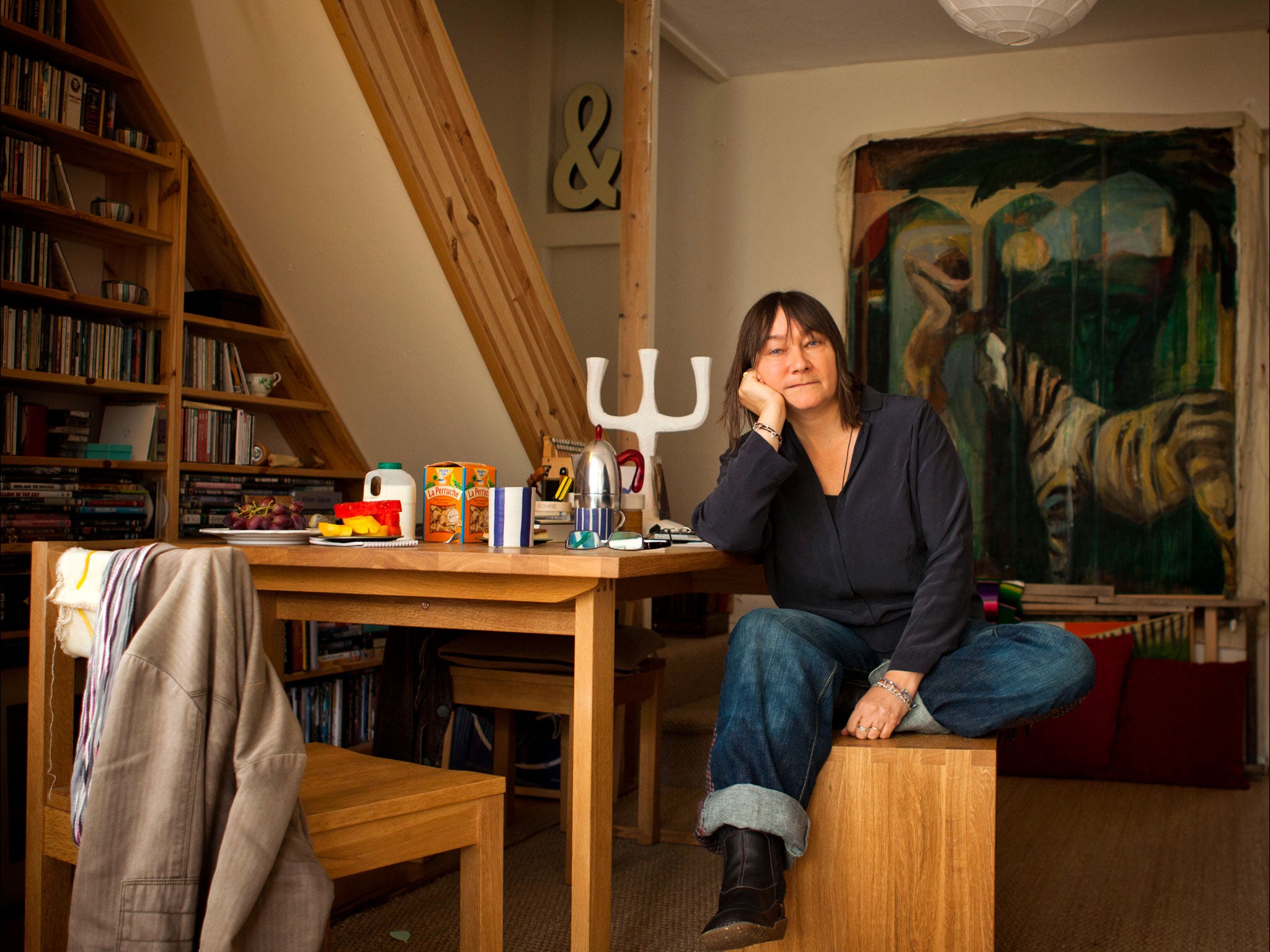Public Library and Other Stories by Ali Smith, book review
Ruminations on language and personal reminiscences dot a mischievous collection

Your support helps us to tell the story
From reproductive rights to climate change to Big Tech, The Independent is on the ground when the story is developing. Whether it's investigating the financials of Elon Musk's pro-Trump PAC or producing our latest documentary, 'The A Word', which shines a light on the American women fighting for reproductive rights, we know how important it is to parse out the facts from the messaging.
At such a critical moment in US history, we need reporters on the ground. Your donation allows us to keep sending journalists to speak to both sides of the story.
The Independent is trusted by Americans across the entire political spectrum. And unlike many other quality news outlets, we choose not to lock Americans out of our reporting and analysis with paywalls. We believe quality journalism should be available to everyone, paid for by those who can afford it.
Your support makes all the difference.While public libraries face closures on a massive scale – "statistics suggest that by the time this book is published there will be one thousand fewer libraries in the UK than there were at the time I began writing the first of the stories," Ali Smith warns her readers – bookshelves as décor appears to be the future.
A quick scroll through my Twitter feed and two mentions of "library" jump out: the first a "library-inspired" hotel in Tokyo; the second a link to London's 10 best library bars. Take "Library", the first piece in Smith's collection as confirmation, a "true story" originally published in this paper, in which she and her editor, walking through London and discussing this very book, come across a building with the word LIBRARY displayed above its doors that turns out to be a private members' club. "Have you actually got actual books?" Smith asks one of the staff after they venture in for a closer look. "We do do some books as a feature," is the reply.
Actual books are a fairly key feature in Smith's volume; actual libraries, on the other hand, are not. The first thing to note about this audacious, distinctly Smithian – clever, mischievous, full of linguistic tricks and tics – and hugely entertaining collection is the absence of the titular story. On first glance, it's a simple and effective case of art imitating the very real life disappearance of these places across the country. But their story is still there, lurking between the lines like the music hidden "behind the spine, the place where the pages were bound was lined with it, notes and staves all the way down the place where the name of the book had been," in an old tome in the story 'The poet'.
The 12 short stories are punctuated by reflections from readers on libraries, "about their history, their importance and the recent spate of closures", and the sentiment expressed – what amounts to a passionate defence of these institutions: "the best possible shared space" and a source of "infinite possibilities" – should be read as a way into Smith's stories about love of literature and language. Ruminations on the roots of common words abound in "Last", an otherwise ostensibly straightforward story about the narrator's rescue of a woman trapped inside an out-of-service train, while inflections and enunciation are examined by a linguistics student in "Good voice".
Author Helen Oyeyemi describes the public library network as a "live and benevolent organism", an idea that Smith weaves through her tales, reminding us that real-life encounters are mediated by our relationships with the written word. In "The human claim", details from a biography about a possible deception involving DH Lawrence's ashes become entangled with the narrator's experience of Barclaycard fraud; while in "The ex-wife" the long-dead writer Katherine Mansfield is the third party in a relationship, the experience of reading her letters and journals conjured as encounters with her ghost. In "The definite article" the narrator, pausing in London's Regent's Park on the way to a meeting, envisages the physical landscape as a psychic one of "Endless stories, all crossing across each other."
Of all the personal recollections included, I was most struck by that of Lori Beck: "The only way I can express how important public libraries are is to tell you about myself." This, lies at the heart of what Smith's getting at. Books, and their repositories, are integral to the construction of our identities; they are where we find both others and ourselves.
Hamish Hamilton, £16.99. Order at £14.99 inc. p&p from the Independent Bookshop
Join our commenting forum
Join thought-provoking conversations, follow other Independent readers and see their replies
Comments